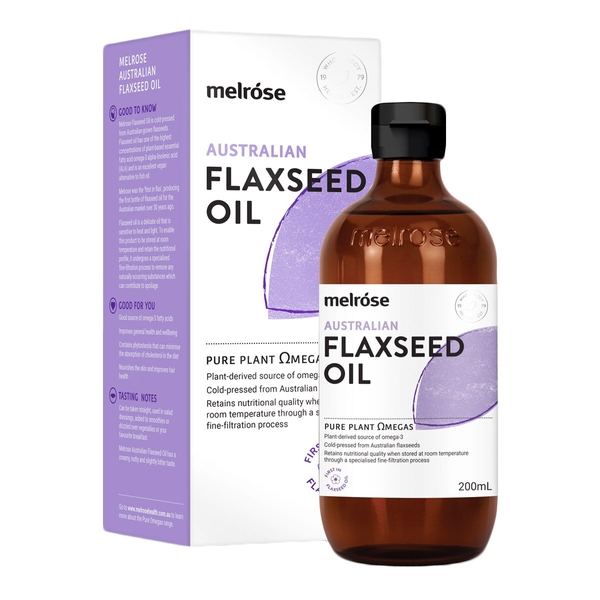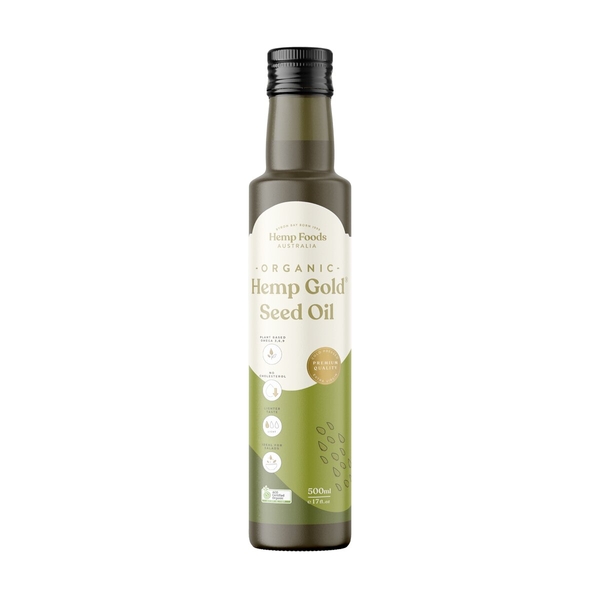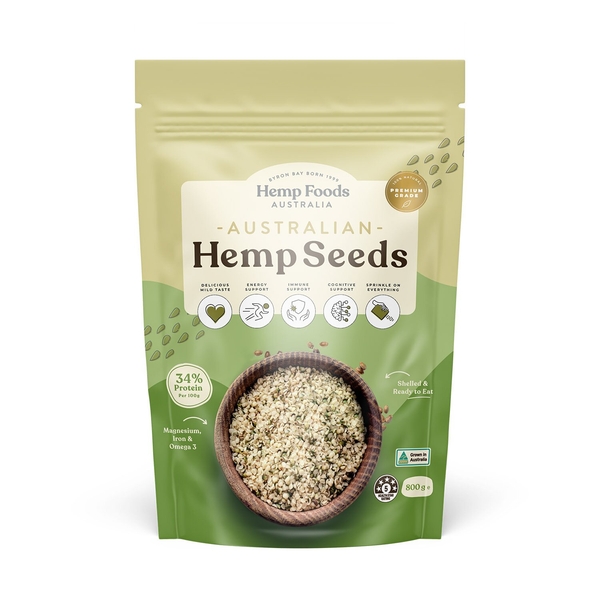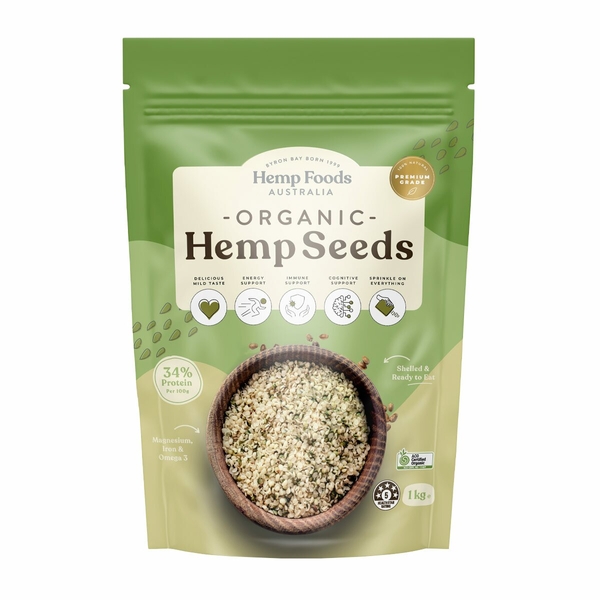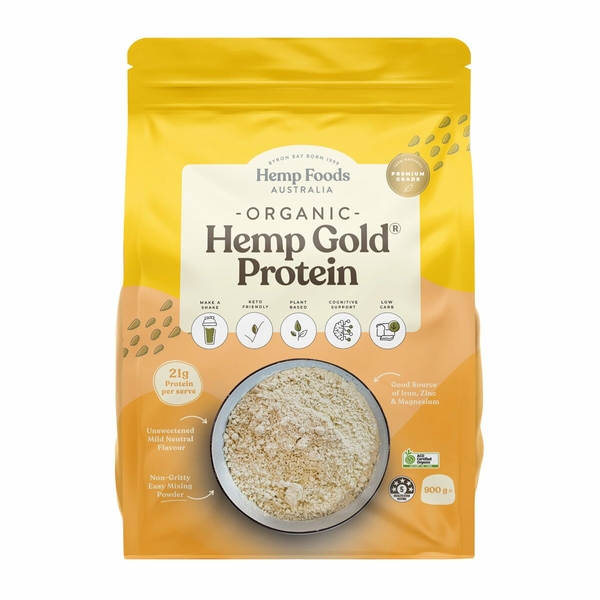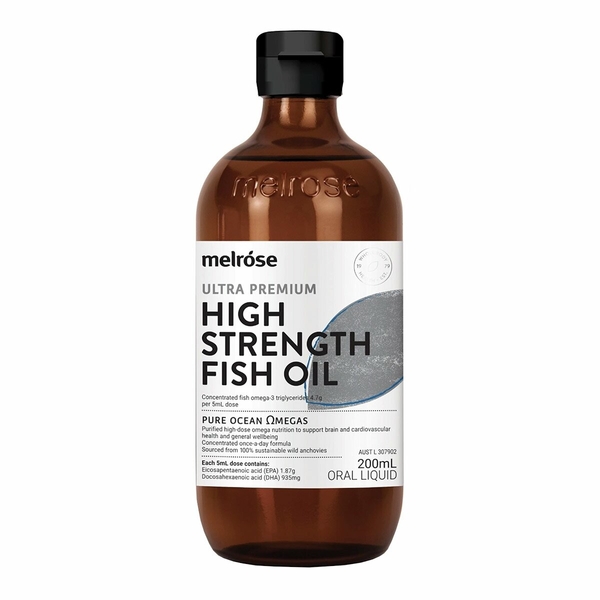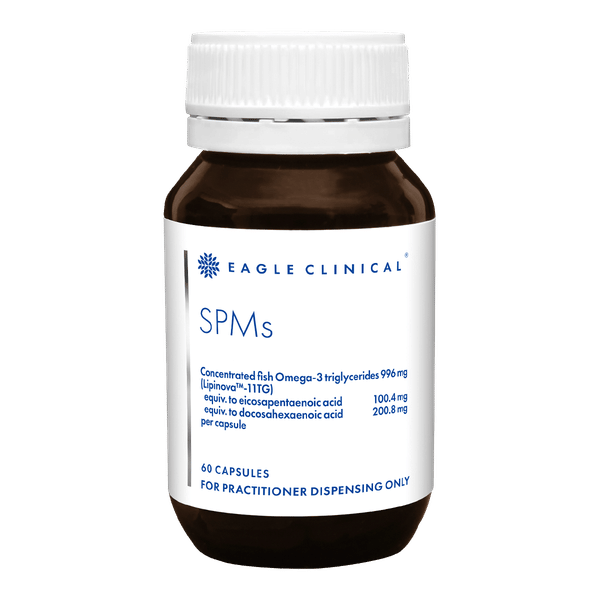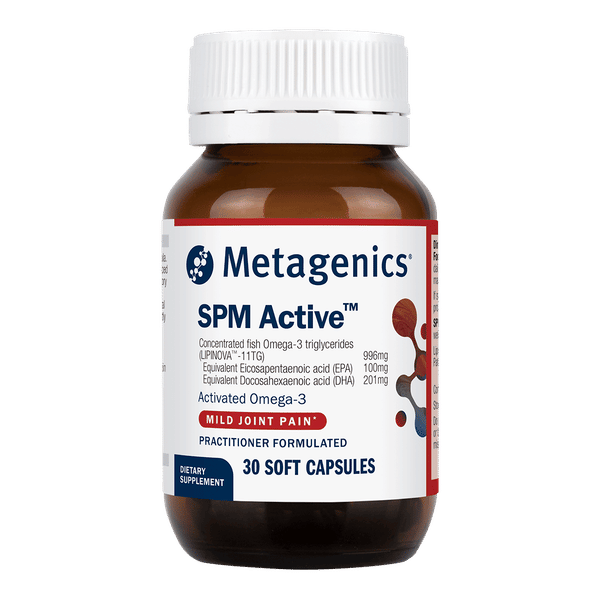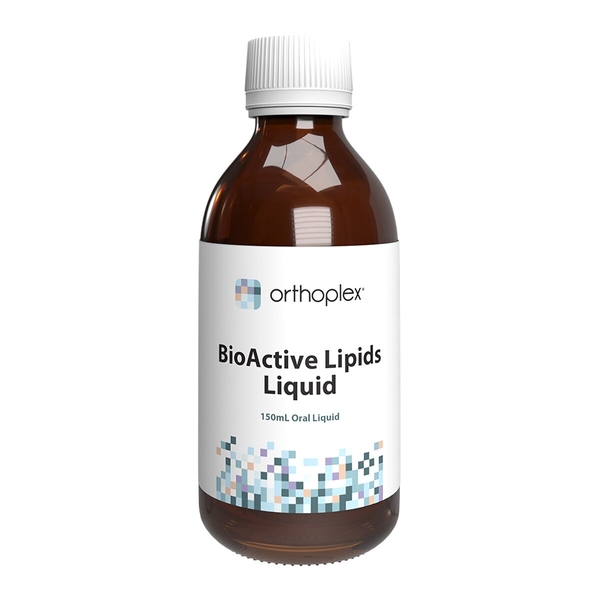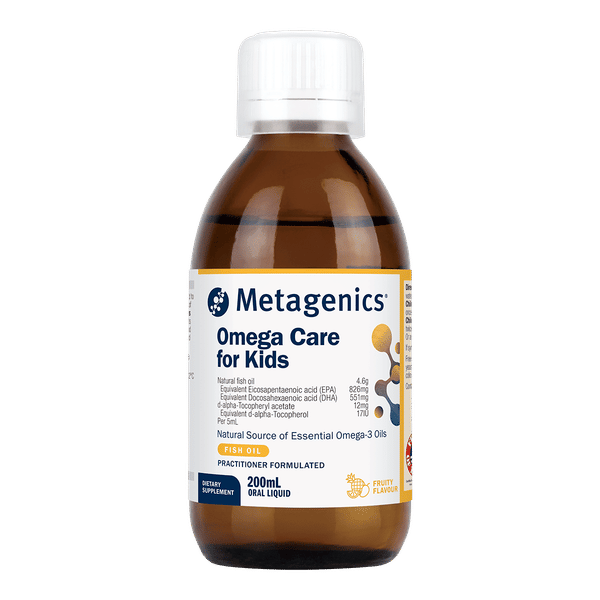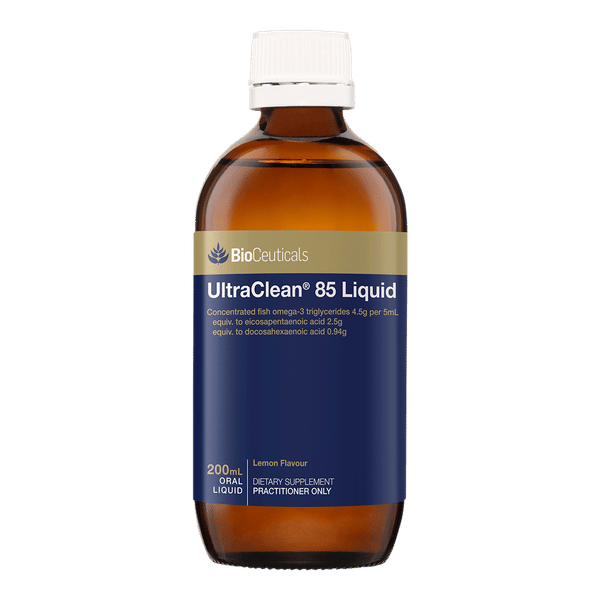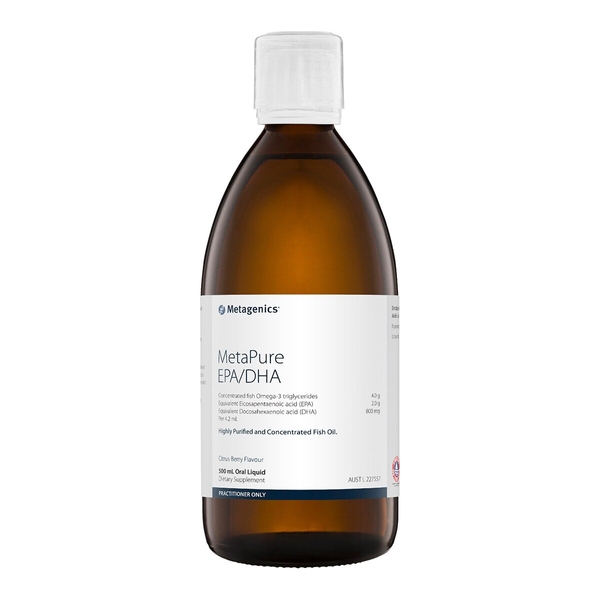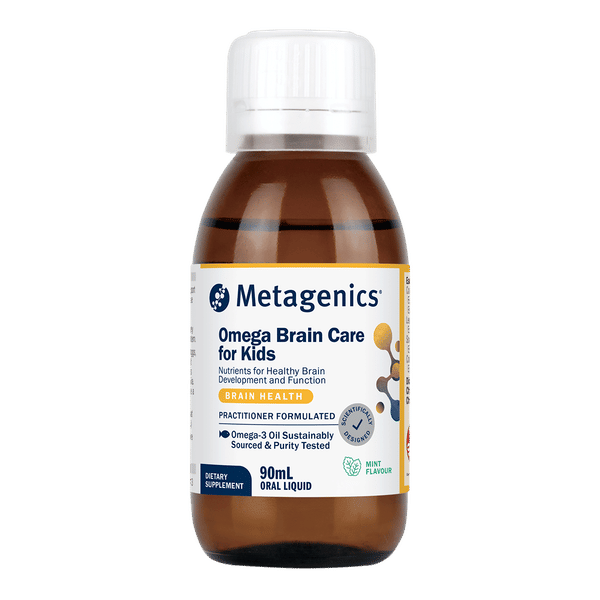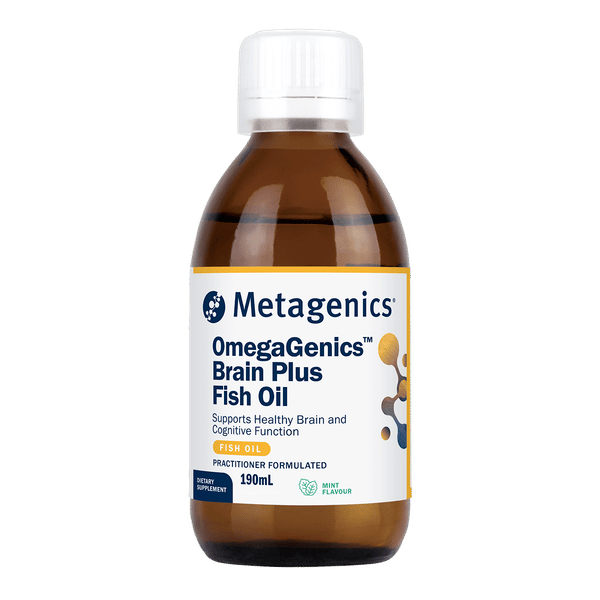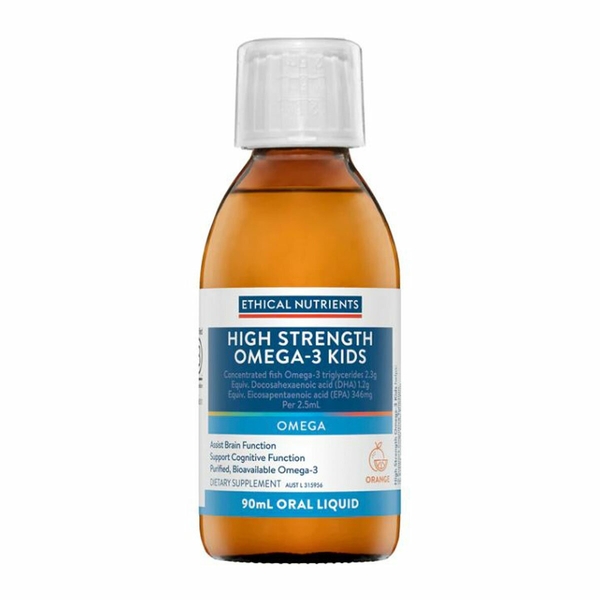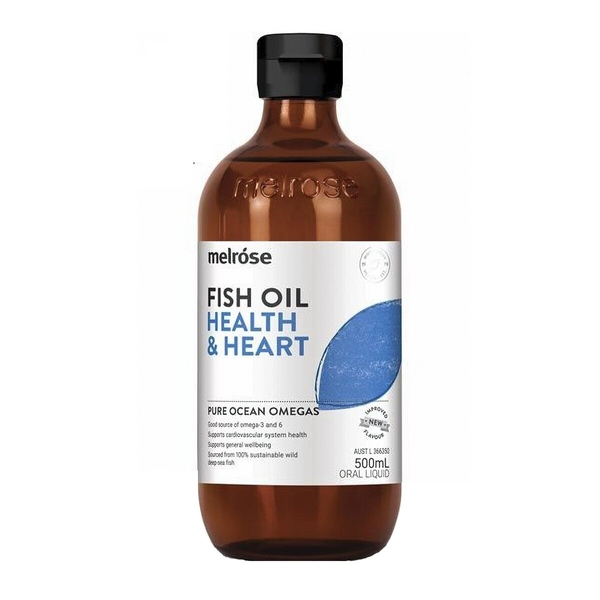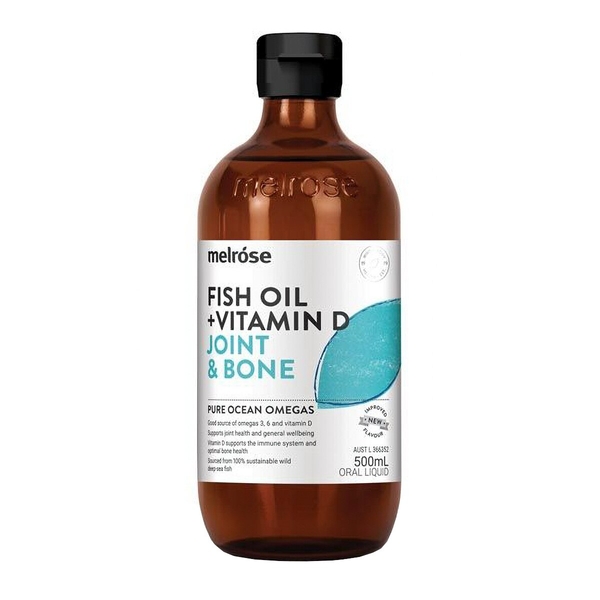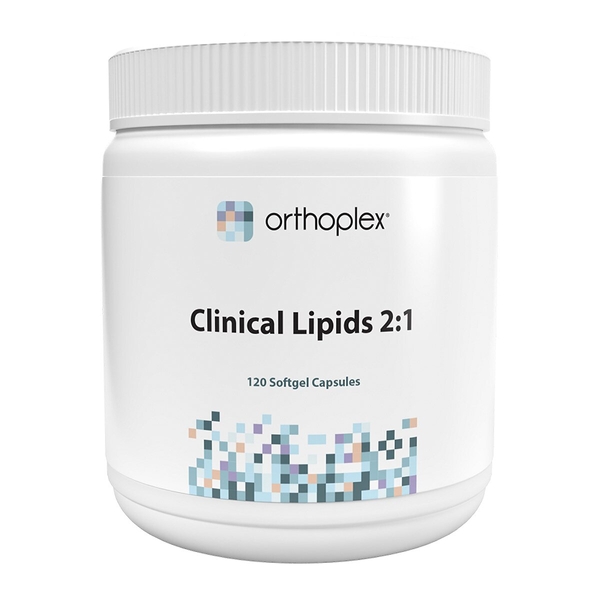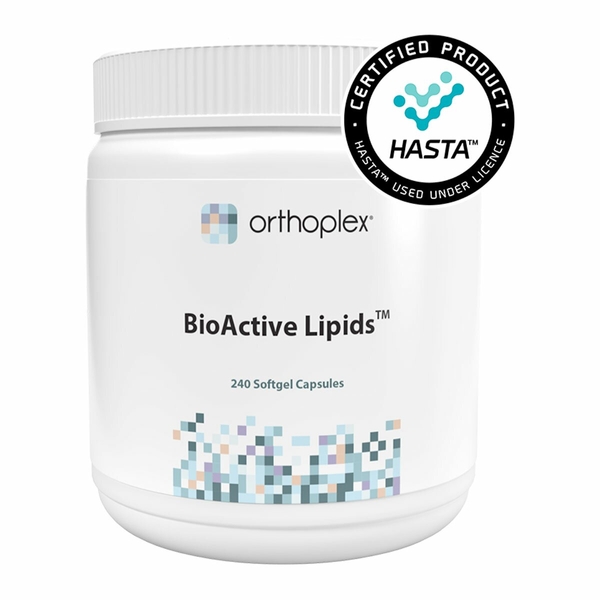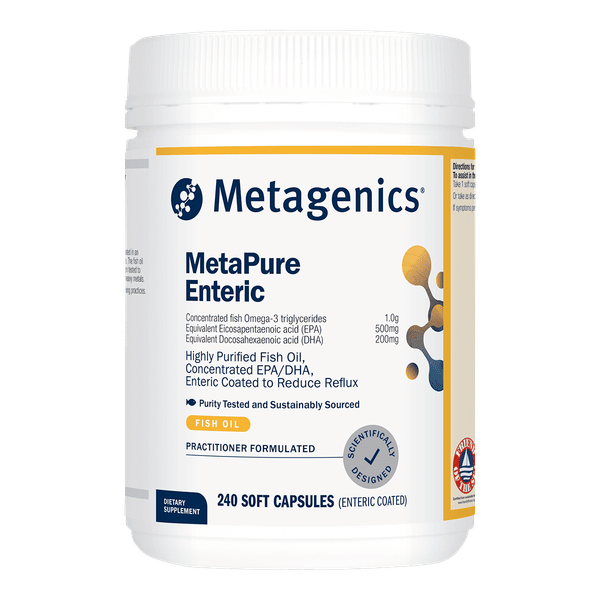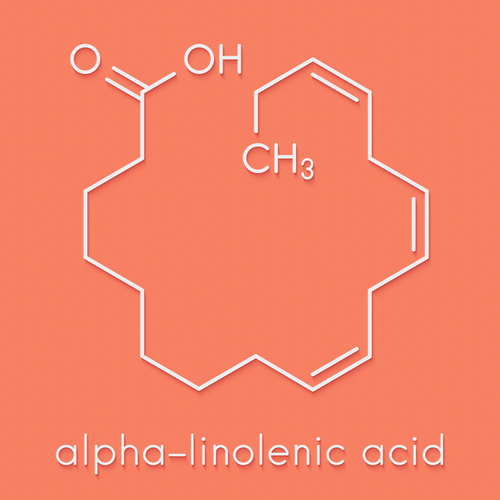
Alpha-linolenic acid (ala)
Scientific names: Alpha-Linolenic Acid
Alternative names: Acide Alpha-Linolénique, Ácido Alfa Linolénico, Acide Gras Essentiel, ALA, Acide Linolénique, Acide Gras N3, Acide Gras Oméga 3, Acide Gras Polyinsaturé Oméga 3, Acide Gras Polyinsaturé N3, Essential Fatty Acid, Linolenic Acid, LNA, N-3 Fatty Acid, N-3 Polyunsaturated Fatty Acid, Omega 3, Omega 3 Fatty Acids, Omega-3, Omega-3 Fatty Acids, Omega-3 Polyunsaturated Fatty Acid
Actions: Cancer-related, Cardiovascular, Immune, Ocular
Background
Alpha-linolenic acid (ALA) is an essential omega-3 fatty acid found in nuts such as walnuts. It is necessary for normal human growth and development.
Alpha-linolenic acid is thought to decrease the risk of heart disease by helping to maintain normal heart rhythm and pumping. It might also reduce blood clots. Common dietary sources include vegetable oils such as flaxseed and canola oil, as well as red meat and dairy products.
Alpha-linolenic acid is most commonly used for diseases of the heart and blood vessels, such as hardening of the arteries, heart disease, and high blood pressure. It is also used for other conditions, such as cancer, depression, or diabetes. However, there is no good scientific evidence to support these uses.
You have probably heard a lot about other omega-3 fatty acids such as EPA and DHA, which are found in fish oil. Alpha-linolenic acid may not have the same benefits as EPA or DHA. Be careful not to confuse alpha-linolenic acid with these other omega-3 fatty acids.
Alpha-linolenic acid is thought to decrease the risk of heart disease by helping to maintain normal heart rhythm and pumping. It might also reduce blood clots. Common dietary sources include vegetable oils such as flaxseed and canola oil, as well as red meat and dairy products.
Alpha-linolenic acid is most commonly used for diseases of the heart and blood vessels, such as hardening of the arteries, heart disease, and high blood pressure. It is also used for other conditions, such as cancer, depression, or diabetes. However, there is no good scientific evidence to support these uses.
You have probably heard a lot about other omega-3 fatty acids such as EPA and DHA, which are found in fish oil. Alpha-linolenic acid may not have the same benefits as EPA or DHA. Be careful not to confuse alpha-linolenic acid with these other omega-3 fatty acids.
Safety Safety definitions
When taken by mouth: Alpha-linolenic acid is likely safe for most adults when used in amounts found in foods. But keep in mind, it is high in calories and may cause weight gain if consumed in excess. There isn't enough reliable information to know if it is safe to use as a medicine.
Kidney transplant: Consuming large amounts of alpha-linolenic acid might increase the risk for death after a kidney transplant. Until more is known, avoid alpha-linolenic acid supplements.
Prostate cancer. Alpha-linolenic acid might increase the chance of getting prostate cancer. Until more is known, do not take alpha-linolenic acid supplements if you already have prostate cancer or are at high risk for getting prostate cancer.
Special Precautions & Warnings:
Pregnancy and breast-feeding: Alpha-linolenic acid is likely safe in amounts found in food. But not enough is known about the safety of alpha-linolenic acid during pregnancy and breast-feeding when used in higher amounts than those typically found in foods. Stay on the safe side and avoid alpha-linolenic acid supplements.Kidney transplant: Consuming large amounts of alpha-linolenic acid might increase the risk for death after a kidney transplant. Until more is known, avoid alpha-linolenic acid supplements.
Prostate cancer. Alpha-linolenic acid might increase the chance of getting prostate cancer. Until more is known, do not take alpha-linolenic acid supplements if you already have prostate cancer or are at high risk for getting prostate cancer.
Effectiveness
NatMed Pro rates effectiveness based on scientific evidence according to the following scale: Effective, Likely Effective, Possibly Effective, Possibly Ineffective, Likely Ineffective, Ineffective, and Insufficient Evidence to Rate.
Possibly ineffective Effectiveness definitions
- High levels of cholesterol or other fats (lipids) in the blood (hyperlipidemia). Eating foods or taking supplements high in alpha-linolenic acid does not reduce lipid levels in people with this condition.
Dosing & administration
Alpha-linolenic acid is an essential fatty acid. It's found in nuts, vegetable oils, red meat, and dairy. It's recommended that adult females consume 1.1 grams daily, and adult males consume 1.6 grams daily to maintain adequate nutrition. When pregnant, 1.4 grams should be consumed daily, and when breastfeeding, 1.3 grams should be consumed daily. Recommended amounts for children depend on age. Speak with a healthcare provider to find out what dose might be best for a specific condition.
Interactions with pharmaceuticals
It is not known if Alpha-Linolenic Acid (ALA) interacts with any medicines. Before taking Alpha-Linolenic Acid (ALA), talk with your healthcare professional if you take any medications.
Interactions with herbs & supplements
There are no known interactions with herbs and supplements.
Interactions with foods
There are no known interactions with foods.
Products
View all productsRRP: $21.36$18.16Save: 15%
Create account
RRP: $59.95$50.96Save: 15%
Create account
Practitioner product
Practitioner product
Per 5 mL:
- Total Omega 3 4.55 g
- Eicosapentaenoic acid (EPA) 1.64 g
- Docosahexaenoic acid (DHA) 1.09 g
Practitioner product
Practitioner product
Per 5 mL (Lemon):
- Total Omega 3 4.5 g
- Eicosapentaenoic acid (EPA) 2.5 g
- Docosahexaenoic acid (DHA) 0.94 g
Practitioner product
Per 4.2 mL (Citrus Berry):
- Total Omega 3 4 g
- Eicosapentaenoic acid (EPA) 2 g
- Docosahexaenoic acid (DHA) 800 mg
Practitioner product
Per 5 mL (Peppermint):
Practitioner product
Per 5 mL (Peppermint):
- Total Omega 3 2.3 g
- Eicosapentaenoic acid (EPA) 346 mg
- Docosahexaenoic acid (DHA) 1.2 g
- Lecithin 1.5 g equiv. phosphatidylcholine 520 mg
- Phosphatidylserine enriched soy (liquid) (Lecithin) 750 mg equiv. phosphatidylserine 150 mg
- Cholecalciferol 12.5 μg equiv. vitamin D3 500 IU
- Tocotrienols complex - palm (Vitamin E) 160 mg
Practitioner product
Per 2.5 mL (Orange):
- Total Omega 3 2.3 g
- Docosahexaenoic acid (DHA) 1.2 g
- Eicosapentaenoic acid (EPA) 346 mg
RRP: $46.95$37.55Save: 20%
Create account
RRP: $44.95$38.20Save: 15%
Create account
RRP: $44.95$38.20Save: 15%
Create account
Per capsule:
- Total Omega 3 1340 mg
- Eicosapentaenoic acid (EPA) 670 mg
- Docosahexaenoic acid (DHA) 335 mg
Practitioner product
Per capsule:
- Total Omega 3 1 g
- Eicosapentaenoic acid (EPA) 360 mg
- Docosahexaenoic acid (DHA) 240 mg
Practitioner product
Per capsule:
- Total Omega 3 1 g
- Eicosapentaenoic acid (EPA) 500 mg
- Docosahexaenoic acid (DHA) 200 mg
Practitioner product
vital.ly has licensed monographs from TRC Healthcare.
This monograph was last reviewed on 24/03/2025 11:00:00 and last updated on 02/12/2020 20:04:32. Monographs are reviewed and/or updated multiple times per month and at least once per year.
Natural Medicines disclaims any responsibility related to medical consequences of using any medical product. Effort is made to ensure that the information contained in this monograph is accurate at the time it was published. Consumers and medical professionals who consult this monograph are cautioned that any medical or product related decision is the sole responsibility of the consumer and/or the health care professional. A legal License Agreement sets limitations on downloading, storing, or printing content from this Database. No reproduction of this monograph or any content from this Database is permitted without written permission from the publisher. It is unlawful to download, store, or distribute content from this site.

